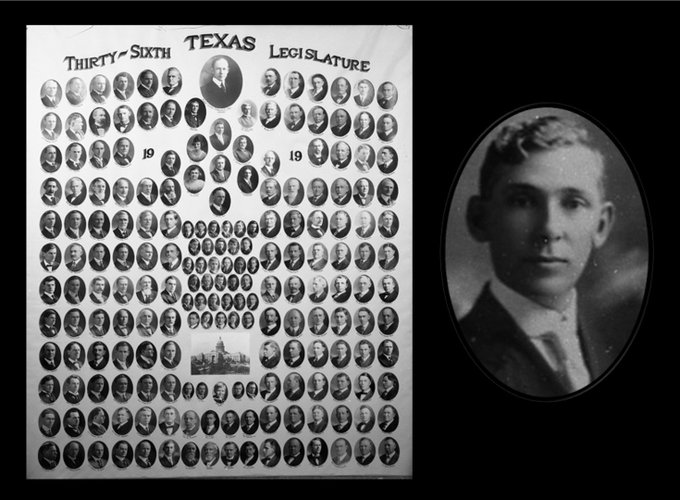
#OTD on January 15, 1919, State Representative José Tomás Canales, representing the Rio Grande Valley, along the border with Mexico, filed House Bill 5, calling a reform of the Texas Rangers. This action inaugurated the greatest crisis in the history of the Ranger Force by producing evidence of violence by Rangers and others still used by scholars of policing, Mexican American, and border history more than a century later. The resulting hearings lasted 12 days, featured 80 witnesses, and generated 1400 pages of testimony.

They also nearly cost Canales his life. Canales, the only non-Anglo in the State Legislature, was appalled by the Rangers’ murder spree in south Texas in 1915-6, and the Porvenir massacre in January of 1918, but had tried to work behind the scenes with governors Ferguson and Hobby to change their conduct. But continued killings, the harassment of Mexican American law officers in South Texas, and Hobby’s lack of action forced his hand. The bill proposed to reduce the Ranger Force, professionalize it, and restrain misconduct by subordinating Rangers to local officials and rendering them liable for civil suits for abuse of their authority. The latter provision especially resembles contemporary proposals for policing reform.
The “Canales Hearings” were an important milestone in Mexican-American and border history, and should also be remembered as one of the most important reckonings with police violence in U.S. history more broadly. They began two weeks later, on January 30, 1919, and our treatment of them will pick up on that date.
Key secondary sources for this thread include Benjamin Johnson’s Revolution in Texas, Monica Muñoz Martínez’s The Injustice Never Leaves You, and Richard Ribb’s “Reader’s Guide to the Canales Hearings.”
